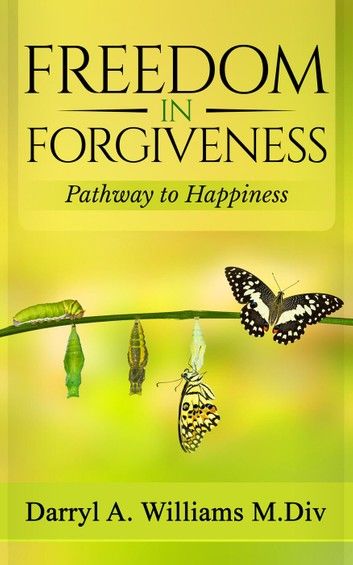All of us make mistakes.
Some shortcomings are common where you have feelings of regret; such as paying so much attention to our careers that we missed many of our children’s school or their sporting events. Maybe we don’t spend enough time with our elderly parents when we could have and now they are gone. We’ve all looked the other way when a co-worker was being bullied at work. Other shortcomings may be less common; such as committing acts of physical harm to others or to yourself.
Forgiving oneself does not mean that the pain of the actions will go away forever. It may (and frequently does) come back. Neither does it mean that you will reset to where you were before you committed the acts. But through self-forgiveness, there is psychological and, perhaps even more profoundly, spiritual growth.
In this book “Freedom In Forgiveness”, the author opens the understanding that “self-forgiveness means transcending your anger at yourself with love, with viewing yourself with empathy”. When it comes the challenge of forgiving others who have wronged us, the author holds, “opening our hearts to better understanding, is a far more fruitful way to go forward and will leave us with a lot more happiness than revenge ever will”.










